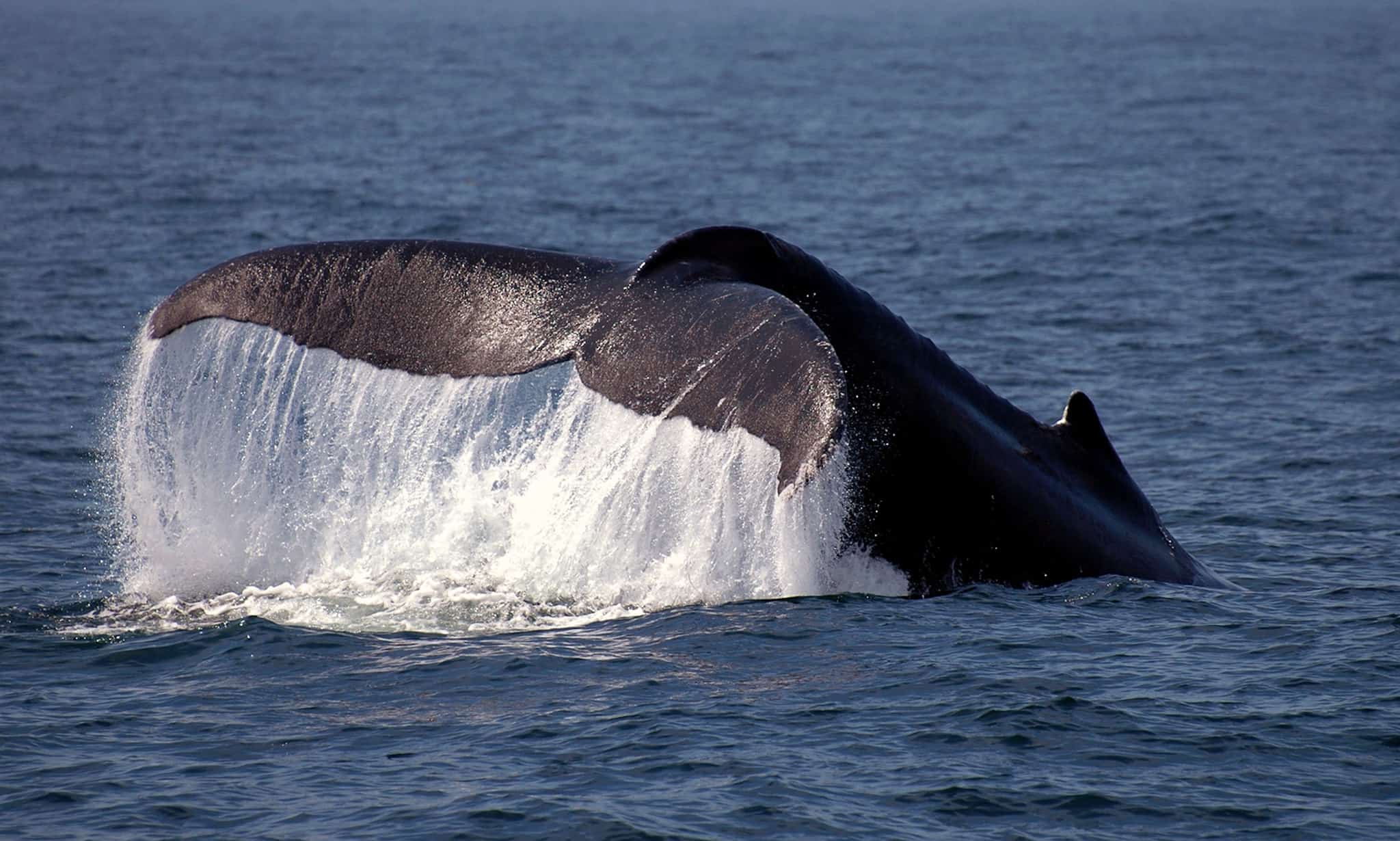If you ask the general public what they know about shipping, and how much trade is carried by sea, you will probably get a blank face. Perhaps they think of shipping as an old-fashioned industry, however, fundamentally we still depend on shipping. Take a look around you. Every single object was most likely shipped. Shipping brings us 90 percent of world trade. For such an enormous industry – there are 100,000 working vessels on the sea – it’s become pretty much invisible. As such, we do not really know much about goes on underneath the water.
In September 2002, 14 beaked whales washed ashore in the Canary Islands, bleeding from their ears.
All eventually died. A post-mortem examination revealed that the whales showed signs of decompression sickness (what scuba divers call “the bends”.) Decompression sickness can occur when a mammal swims to the ocean’s surface too quickly, and the change in pressure produces lethal nitrogen gas bubbles that clog its blood vessels. As deep divers of the ocean, beaked whales and other marine mammals, such as dolphins, have evolved to easily descend and ascend every day, so evidence of acute decompression sickness indicates unusual behavior. What would make a diving whale suddenly acquire decompression sickness, something it has evolved to avoid? Many ocean scientists and marine mammal experts suspected it was a fear response, an attempt by the whales to escape something very alarming. But fear of what — what were the whales avoiding?

Ocean creatures, like whales and dolphins, and even 800 species of fish, communicate by sound.
We know about man’s impact on the ocean in terms of fishing and overfishing, but we don’t know much about acoustic pollution, and how man-made ocean noise is threatening this fragile world.
In the darkness of the sea, whales and other marine life depend on sound to mate, find food, migrate, raise their young, and defend against predators. Over the last century, however, extremely loud noises from commercial ships, oil and gas exploration, naval sonar exercises, and other sources has transformed the ocean’s delicate acoustic habitat, challenging the ability of whales and other marine life to prosper, and ultimately, to survive.
“These highly sophisticated mammals now face extinction, in part because they can no longer hear one another above our din,” said Michael Jasny, director of the Marine Mammal Protection Project at the Natural Resources Defense Council (NRDC), and a leading expert on how ocean noise pollution affects whales. “But the one good thing about ocean noise is that when you stop making noise, it goes away.”

Ocean noise can be reduced dramatically with better ship designs, new technologies for oil and gas exploration, and sensible policies, such as speed limits for large ships and exclusion zones for peacetime training with naval sonar.
Nearly everything that surrounds us was shipped inventory: what we eat, what we wear, what we use every single day.
No matter how much we need these things, however, we also need healthy oceans. It’s not only steamship lines, or ship owners, who are responsible for protecting them, but all of us.




